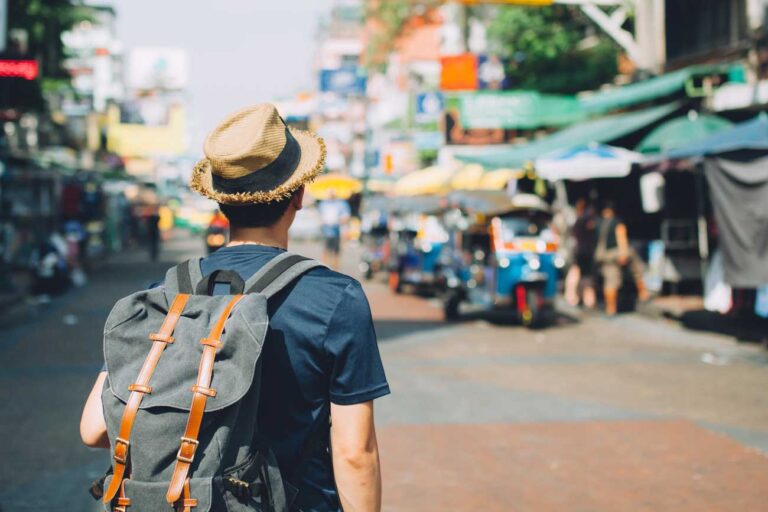
Chances are that you or someone you know has had to cancel a vacation because of the current world situation. Instead of basking in the Bahamas or trekking through Thailand, we’re now confined to our homes, if not dealing with disease directly. In this time of self-quarantine, can leisure travel still be relevant?
A Pause from Travel
Our need to pause travel is necessary but unfortunate. Travel provides relaxation and escape as well as opportunities to understand more about our world. But in addition to these benefits, travel has taught me some unexpected lessons about how to live well during ordinary life, when I’m not on the road. I believe these lessons are particularly relevant in this time of isolation and cabin fever.
Lessons from Travel
My journey started with a series of observations about travel, which culminated in more general awareness. First, I noticed that leisure travel shows a focused view of the world, zoomed-in on the physical and the exotic. Of course, this can be quite exciting, as illustrated in this Turkish Airlines video:
Coupled with soothing music and flashy visuals, this video almost made me want to plan my next vacation, while on vacation.
However, we’re more than just our five senses. The physical can’t explain passion or imagination, nor can the exotic substitute for friendship or human connection. It’s these latter intangible parts of life that matter a lot, too: a Jewish proverb compares two meals, “Better a small serving of vegetables with love than a fattened calf with hatred.”
Of course, we appreciate many non-sensational parts of travel, too – long chats with friends and meeting locals have been some of my most interesting moments overseas – but they usually aren’t the focus and they can even be deprioritized to visit more attractions and embark on more excursions. That’s what’s seen as getting out there.
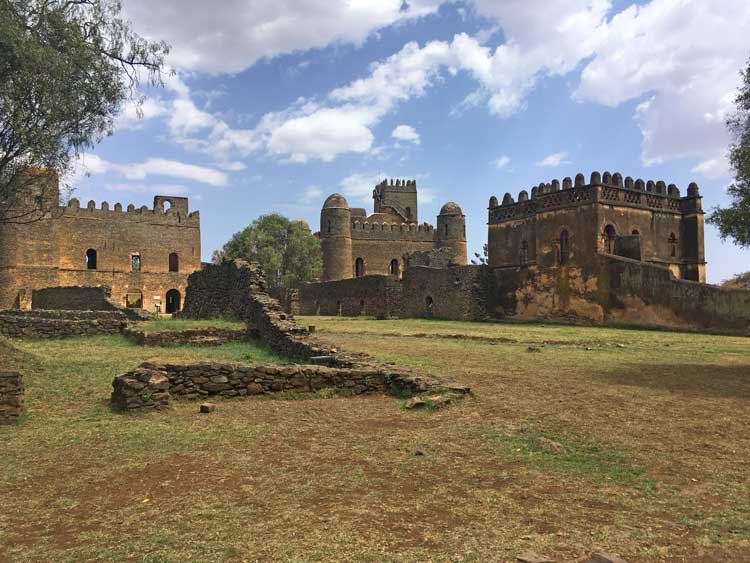
Repetitive Culture Shock
Moreover, the repetition of these trips started showing. Here I was at King Fasilides’ castles, nicknamed the “Camelot of Ethiopia.” There I was at the Simien Mountains, also known as the “Grand Canyon of Africa.” Later, I was at yet another must-visit Caribbean beach. Human culture and history are beautifully diverse and intricate, but at the end of the day, we’re all the same species. It’s natural then, that there are similarities in the societies we form, even if they differ on the surface.
Of course, the surface is still eye-opening. For example, some of the poor in Bangkok ask drivers for money by first washing their windshields at stoplights. Some children in Ethiopia put out scales on the sidewalk, making a few cents from pedestrians curious about their weight. As much of an edifying culture shock as these situations may be, they are ultimately just different examples of what nearly all are already familiar with – poverty’s prevalence.
It’s difficult to stand by and watch such things. Yes, we’re finite creatures but we’re still wired to create, to solve and to serve where we’re able. Travel, on the other hand, is largely observational and passive because of all of its touring and gazing.
This is not necessarily a problem, but there’s also a power and beauty in things borne from active practice and commitment, whether it’s as light as learning a language or practicing a hobby, or something weightier as confronting a friend or developing your vocation. Put differently, I’m a creature of habit, joyfully. Reflecting on all of these observations about travel led me to a more general idea.
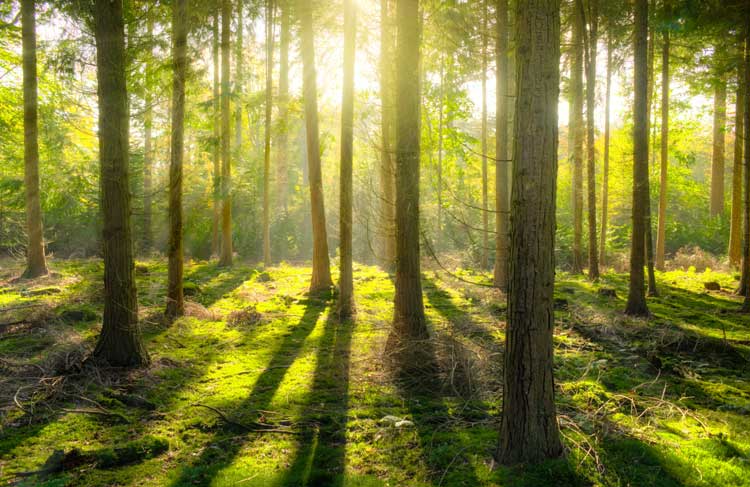
The Idea of Everyday Travel
Because our world is not just physical or material, everyday activity and even everyday habits are forms of travel.
C.S. Lewis explains, “Every time you make a choice you are turning the central part of you, the part of you that chooses, into something a little different than it was before.” Of course, these moment-by-moment changes are generally small and therefore less thrilling than what we experience when we leisure travel.
But, added up, they affect our well-being, our outlook on life, and who we are fundamentally, so they’re still important. Each day, we can remake ourselves.
But this analogy extends further. That which we’re often excited about in leisure travel – beauty, novelty, excellence – can be found in our everyday lives too. Therefore, our routines don’t have to be mundane. We can be as excited about them as we are about each day of vacation.
With this mindset of “everyday travel,” I might learn and deepen unique aspects about myself and my world each new morning, similar to how I encounter fresh sights in each new city.
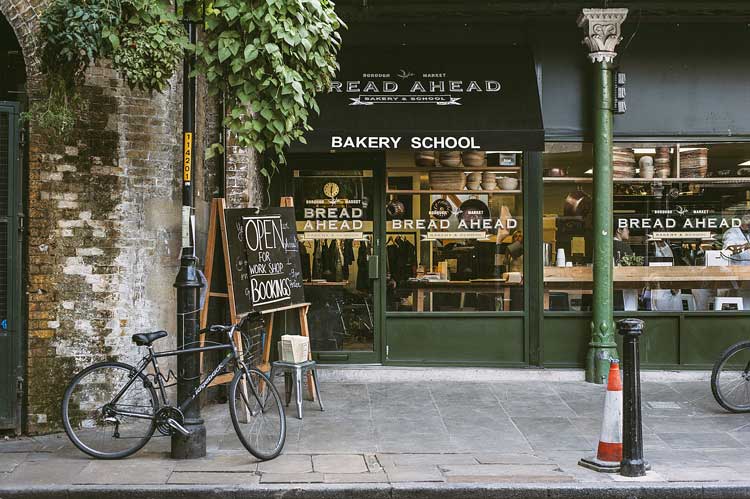
Bringing This to Life
So, what exactly does “everyday travel” look like? For starters, it’s not the opposite of leisure travel. The latter is still a gift to enjoy, whereas the idea of everyday travel is ultimately a perspective on living.
As Lewis says, everyday travel itself is any moment or choice we make, from daily chores to professional work.
Certainly, some choices have larger effects on our identity – cheating on an exam versus brushing teeth – but they all exert influence. We can even try to influence ourselves directly, perhaps via reflection or meditation, or strive for other things entirely, like prestige or affection.
A rich network of choices comprises our daily life: you can switch up their intensity (eating more nutritiously), their regularity (revamping New Year’s resolutions), and their newness (calling an old friend). Navigating that network is complicated, yet it’s important and exciting enough to be its own type of travel.
Like its leisure counterpart, everyday travel can also provide us with experiences of beauty, novelty and excellence. I may be physically limited to my apartment, but I can, therefore, channel more of my time, attention and energy into other things – hobbies, relationships, education, work, to name a few.
As I immerse myself in these, I understand and appreciate them more. This, in turn, fuels my desire to commit time and energy toward them, forming a positive feedback loop.
In this loop, I’m developing into someone that I want to be, not just measured in terms of the hobby or domain itself, but also in terms of general qualities. I’m becoming someone who thinks more critically, understands the world more holistically, loves others more sacrificially, gives more generously, and applies himself more purely.
Therefore, I experience a rich and personal sense of novelty, in terms of uncovering new capabilities and experiences, of excellence, in terms of becoming more skilled and effective, and of beauty, in terms of conforming myself closer to an ideal. All of these I can continue to shape and live out myself, rather than just view from the sidelines.
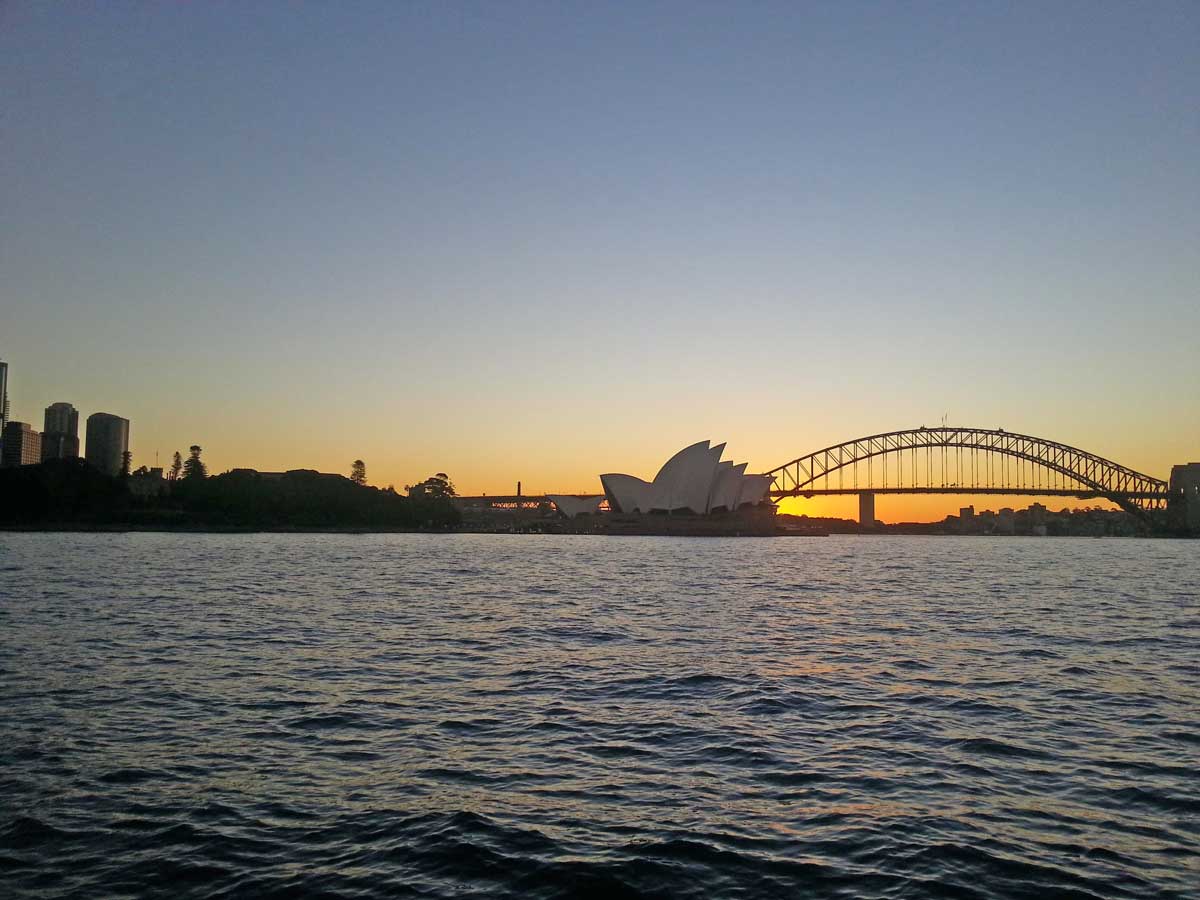
Where to Next?
All of this doesn’t mean that we should travel less. Without rest and leisure, daily life can easily become stale and unfocused. Travel, in particular, helps us to understand our small place in this large world. Furthermore, many plan vacations to spend time with loved ones.
What I am trying to do is encourage reflection and thankfulness. Technology moves rapidly and quick cheap travel to Instagram-worthy destinations is often at our fingertips. But have plane tickets become new toys that we distract ourselves with? Or worse, have they made us restless or jaded toward our ordinary lives? Surely, living well year-round is as important as enjoying our travels.
By all means, let’s continue the latter. But what if we carried this same energy into embodying everyday travel? Yes, conscious travel into our daily lives, into what Lewis calls that “central part of you,” is adventurous but so is journeying to another continent.
What if we had communities and cultures that esteem such risks, like how we romanticize traveling around the world? This could create cities that we long to live in and not just travel to.
Finally, what if this sense of fascination and discovery associated with physical travel is partly there to encourage us to explore within. You don’t have to board a plane or even leave your room to travel and enjoy this world. It’s already here, right where you are.

Author Bio: Victor Luu is a writer living in New York City. Outside of work, he enjoys rock climbing and trying new cuisines.
- The Ultimate Guide to Cairo’s Top Three Museums: Which Should You Visit? - July 12, 2025
- Best Things to Do in Fort Pierce, Florida: Beaches, SEALs, and Sunsets - July 12, 2025
- Traveling to Kauai with a Toddler: A Family Vacation Guide - July 11, 2025
